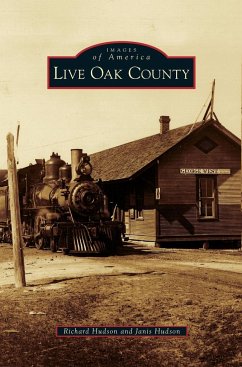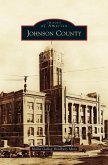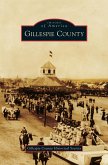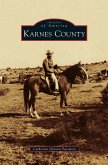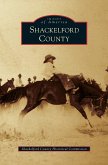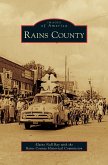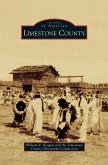In 1856, Live Oak County was chartered by frontiersmen under the spreading limbs of a great live oak tree near the Nueces River. As far back as 12,000 years, hunter-gatherer Paleo-Indians subsisted on berries, roots, and megafauna like mastodons in this timeless frontier. Cabeza de Vaca, prisoner of Coahuiltecans in 1535, provided the first European description of the area. The Spanish then explored and unsuccessfully attempted to colonize the region, and when Spanish troops withdrew from Texas in 1813, the sole Spanish colonizers in the area, the Ramirez brothers, abandoned their ranch and left with them. Shiploads of Irish immigrants next arrived between 1828 and 1834, and following the Civil War, herds of wild Longhorns driven north turned drovers like George West into wealthy cattle barons. The early-1900s arrival of the railroad created new towns, causing others to die. Today's Live Oak County citizens draw on its indomitable pioneering spirit to meet new 21st-century challenges.
Hinweis: Dieser Artikel kann nur an eine deutsche Lieferadresse ausgeliefert werden.
Hinweis: Dieser Artikel kann nur an eine deutsche Lieferadresse ausgeliefert werden.

